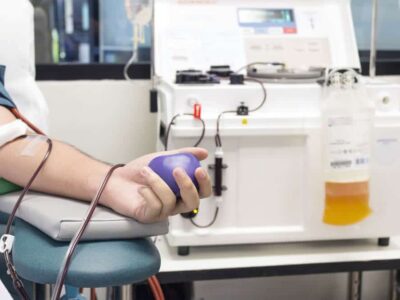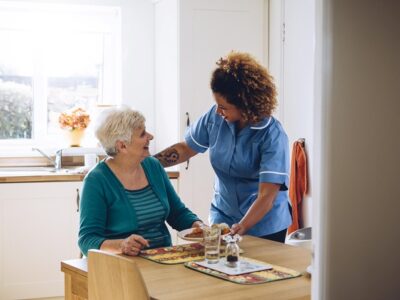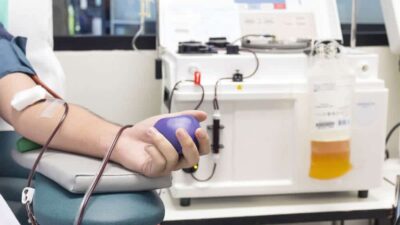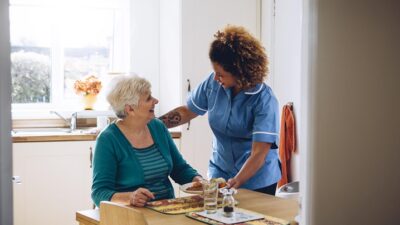
Raising a teenager is never easy, but when your teen lives with a chronic health condition such as diabetes, asthma, juvenile arthritis, epilepsy, or a heart condition, parenting becomes even more complex.
As children grow into adolescence, they naturally seek independence, privacy, and control over their lives. For parents of teens with chronic illnesses, this stage brings unique challenges: balancing medical needs with growing independence, encouraging responsibility without adding too much pressure, and helping them cope with the emotional side of their condition.
Understanding the Shift in Roles
As your child enters the teen years, your role as a parent begins to shift. You’re no longer solely the manager of their health but have become a partner and guide. One of the most important things you can do is involve your teen in their care. Encourage them to learn about their condition, understand medications, recognise warning signs, and attend appointments. Start gradually transferring responsibilities early on, so they can build confidence and competence in managing their health.
For example, a 13-year-old with type 1 diabetes might begin learning to calculate insulin doses, while a 16-year-old with cystic fibrosis may start managing their medication schedule or communicating directly with their doctor. This transition doesn’t happen overnight, and setbacks are normal. Patience, encouragement, and structured support are key.
Fostering Emotional Well-Being
Adolescents with chronic conditions may face higher risks of depression, anxiety, and low self-esteem. They might feel different from their peers or frustrated by limitations. Create an open, non-judgmental space for them to express their feelings. Normalise emotional ups and downs, and remind them that needing help isn’t a weakness.
If signs of persistent distress appear, such as withdrawal, sleep changes, or a drop in academic performance, consult a mental health professional familiar with chronic illness in youth.
Peer support can also be powerful. Encourage involvement in support groups, summer camps, or online communities for teens with similar conditions. Feeling understood and accepted can go a long way in building self-worth.
Building Practical Life Skills
As your teen approaches adulthood, life skills become just as critical as medical skills. Help them learn to schedule appointments, refill prescriptions, navigate insurance, and advocate for themselves in healthcare settings. Discuss their condition in the context of driving, college, dating, and employment, and strategise around possible challenges.
Work with their healthcare team to develop a transition plan, ideally beginning around age 14 and continuing through young adulthood. This includes identifying adult care providers, transferring medical records, and ensuring your teen understands their condition thoroughly.
Encouraging Independence While Staying Connected
Letting go is hard, especially when your teen’s health is on the line. But promoting independence is essential. Check in regularly without hovering. Instead of asking, “Did you take your medicine?” try, “How’s your routine going?” This small shift shows trust and keeps lines of communication open.
Remember, your support is still crucial. While teens may take the lead in managing their health, knowing you’re there as a safety net can give them the courage to step into adulthood with confidence.
Final Thoughts
Parenting a teen with a chronic condition takes compassion, flexibility, and steady support. By encouraging their independence, caring for their mental health, and preparing them for adulthood, you’re helping them do more than just get by. You’re helping them grow and thrive.
If you’re looking for the best paediatrician in Delhi to support your child with expert care and compassion, consider booking an appointment at Apollo Cradle & Children’s Hospital. The facility is known for its child-friendly environment, advanced medical care, and a dedicated team focused on your child’s overall well-being.
And if you’re based in or around Noida, there’s no need to travel to Delhi. Apollo Cradle also has an advanced facility that has some leading paediatricians in Greater Noida, with all the help and support you and your child need to grow and thrive.
Call today to book a consultation with one of our experienced paediatricians.











